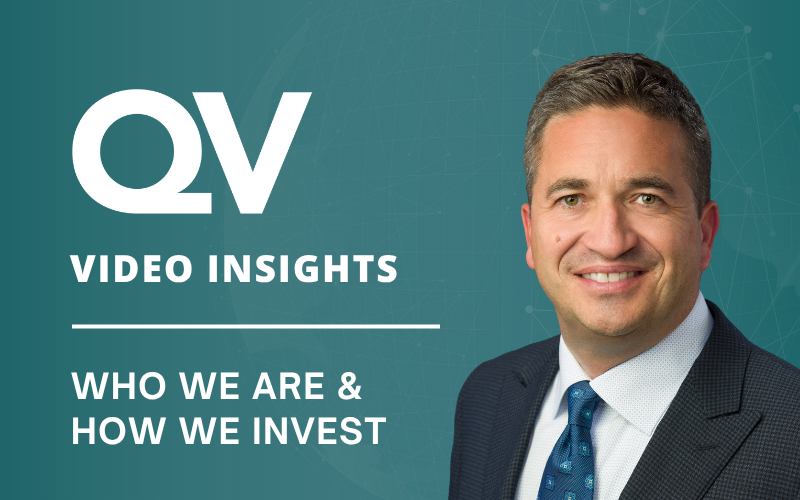“We may never know where we’re going, but we’d better have a good idea of where we are” – Howard Marks
QV’s philosophy places a strong emphasis on bottom up fundamental research in our decision making. But it’s also important to recognize that businesses and governments do not operate in a vacuum. This is why we keep attentive to the surrounding signs when assessing the investment climate and gain some semblance of understanding where we are in a cycle. We may never know exactly where we stand, but it does not mean we cannot strive to ascertain the maturity of the current cycle and act accordingly. We offer some signs that we believe indicate we are in the later stages.
After two policy rate cuts last year, the Bank of Canada maintains a highly accommodative monetary stance. According to RBC Capital Markets, total Canadian corporate debt issuance in 2015 amounted to $95.0B, the second highest year next to 2013’s $110.7B. Compare this to 2007’s $78.8B and 2003’s $53.9B. It is clear that cheap capital has encouraged an elevated level of issuance.
Increased corporate debt has led to a broad deterioration in credit metrics. The chart below shows the net debt to EBITDA of TSX-listed non-financial and non-energy companies has grown to its highest level in twenty years. The energy sector shows the worst deterioration, but we exclude it to evaluate broader corporate health. With borrowing costs still exceptionally low, the trend is likely to continue as corporate managers are more inclined to push balance sheets and boost shareholder returns through programs such as share repurchases.

By the third quarter of 2015, share repurchases of TSX-listed non-financial companies accelerated +44% year over year, one of the strongest surges in the last five years. We do not oppose share repurchases. We would prefer buybacks be conducted at lower than average valuation multiples and be funded with excess cash, rather than at above average valuations and funded with excess debt.
TELUS Corp. (TSX:T) used to boast the strongest balance sheet in the Canadian telecom industry with a target net debt to EBITDA between 1.5x to 2.0x. But there has been a clear sentiment shift as management was unwilling to delever but instead lifted its leverage posts to the industry average of 2.0x to 2.5x. T’s current leverage stands at 2.6x. The business has the ability to reduce leverage with $1B of annual free cash flow. However, its annual dividend and share repurchase commitments completely drains this excess cash, requiring management to partly fund these policies with additional debt. Intense competition in its wireless division is also a concern as earnings growth is necessary to improve its leverage ratio. In response, we have been selling our position in T stock and exited our T corporate bond positions on the back of these concerns.
This is not a unique case, we have seen a shift in mentality across many companies in our universe. While we have left out many other indicators, the developments we highlight above support our view that we are likely towards the later innings of this credit cycle than the beginning. It is also the most difficult stage to remain disciplined. Exceptionally low coupon rates keep interest coverage ratios in check despite rising debt levels. But we argue that the downside risk to an elongated status quo is marginal to the upside risk if broad corporate earnings begin to disappoint. The increased level of bankruptcies in the energy sector is testament to keeping with this discipline. After nearly seven years of being conditioned to near zero interest rates, we believe that maintaining a high standard to corporate financial health should not be abandoned.




